Imagine your logistics company is a ship in the vast ocean of the internet, where everyone wants to be the captain. But with the right map and compass, you can stay aware of the waves of competitors. That’s where digital marketing comes in as your reliable navigator, helping you survive and thrive in this digital realm. And Plerdy is like your binoculars, enabling you to see success on the horizon by providing tools for analyzing and optimizing your online presence. Let’s journey through seven key digital marketing strategies to elevate your business to new heights.
Mastering Audience Insights for Logistics Digital Marketing Excellence
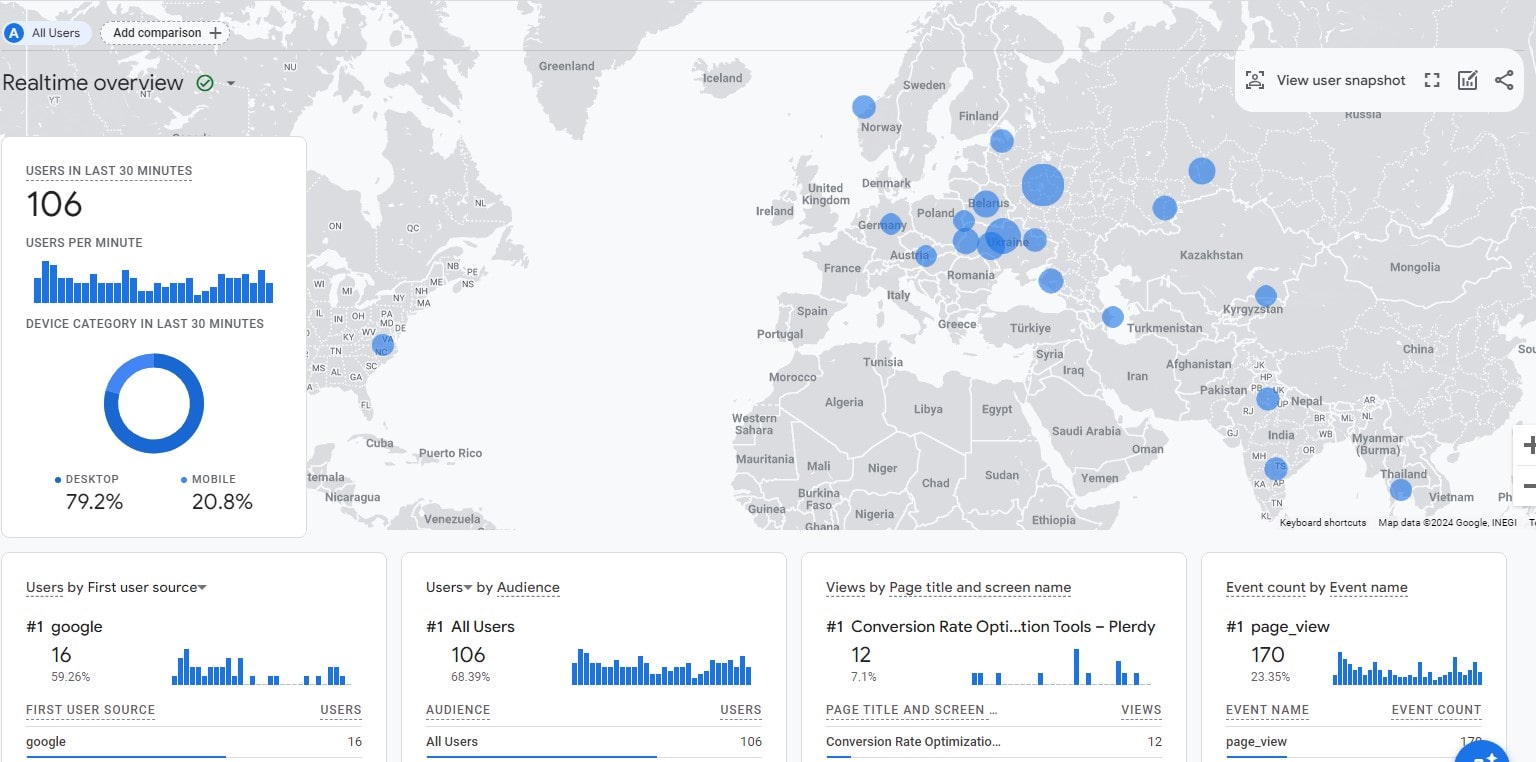
In the expansive terrain of digital marketing for logistics businesses, comprehending your target audience is the navigational compass guiding your marketing voyage. Lacking this insight, marketing initiatives risk veering off course and squandering valuable resources. A deep understanding of your audience sharpens your marketing tactics, elevating engagement and conversion rates and fostering enduring customer allegiance.
Crafting Detailed Customer Profiles for Logistics Services
Initiate by constructing comprehensive customer personas for your logistics business. Examine demographics (age, location, profession), psychographics (interests, values), and behavioral patterns (purchasing habits, online activities). Utilizing digital tools such as Google Analytics provides valuable data on your website visitors and their interactions, aiding in the precision of your target audience identification.
Deciphering Logistics Customers’ Needs and Desires
Venture into the specifics of what your logistics audience necessitates and desires. Employ surveys, monitor social media conversations, and analyze feedback forms as direct channels to accrue this critical information. This profound insight permits the customization of your content, logistics solutions, and services, rendering them highly appealing to your audience.
Implementing Segmentation for Customized Logistics Marketing
You can adapt digital marketing to each subgroup by segmenting your audience by shared traits. Whether differentiating by demographic details, purchasing behaviors, or levels of interaction, segmentation confirms that your marketing messages for your logistics business resonate precisely with the intended recipients.
Grasping the nuances of your target audience lays the cornerstone for directing your logistics business’s digital marketing strategies toward triumph. It transcends mere identification of your audience, delving into their needs and preferences. With this knowledge, your logistics company can devise communications and offers that resonate, cement loyalty, and propel conversions. Embrace continuous engagement, remain flexible, and leverage digital tools like Plerdy to analyze and refine your marketing strategies, ensuring they align seamlessly with audience insights. This strategic approach is crucial for logistics companies aiming to dominate the competitive digital marketing landscape, achieving immediate success and long-term business growth.
Search Engine Optimization (SEO) for Logistics Companies

SEO helps your website navigate the Internet’s enormous ocean. Without it, customers can not see you. SEO improves your website’s rating in Google’s search results for relevant keywords. Visibility is essential for increased visitors, leads, and conversions.
Keyword Research: Finding Your SEO Gold
Understanding your target audience’s keywords is crucial to SEO. Google Keyword Planner and Ahrefs can help you locate company keywords. Naturally, incorporate these keywords into your website’s content, titles, and meta descriptions to boost search engine rankings.
On-Page SEO: Fine-Tuning Your Website
Optimizing individual web pages for ranking is on-page SEO. This involves incorporating keywords in content, improving titles and headers, and making your website mobile-friendly. Fast-loading sites increase user experience and search engine rankings.
Off-Page SEO: Building Your Website’s Reputation
Off-page SEO is about enhancing your website’s authority through backlinks from other reputable sites. Earn quality backlinks and engage in guest blogging, social media promotion, and influencer collaborations. The more reputable sites link to you, the higher your site’s credibility in the eyes of search engines.
SEO is essential to digital marketing. It improves your internet visibility, making you easier to find. SEO is a continuous process. Keep up with SEO trends and algorithm changes to stay competitive. A solid SEO plan with tools and insights like Moz or Search Engine Journal can boost traffic and conversions by ranking your website at the top of search results.
Enhancing Digital Engagement in Logistics Through Content Marketing
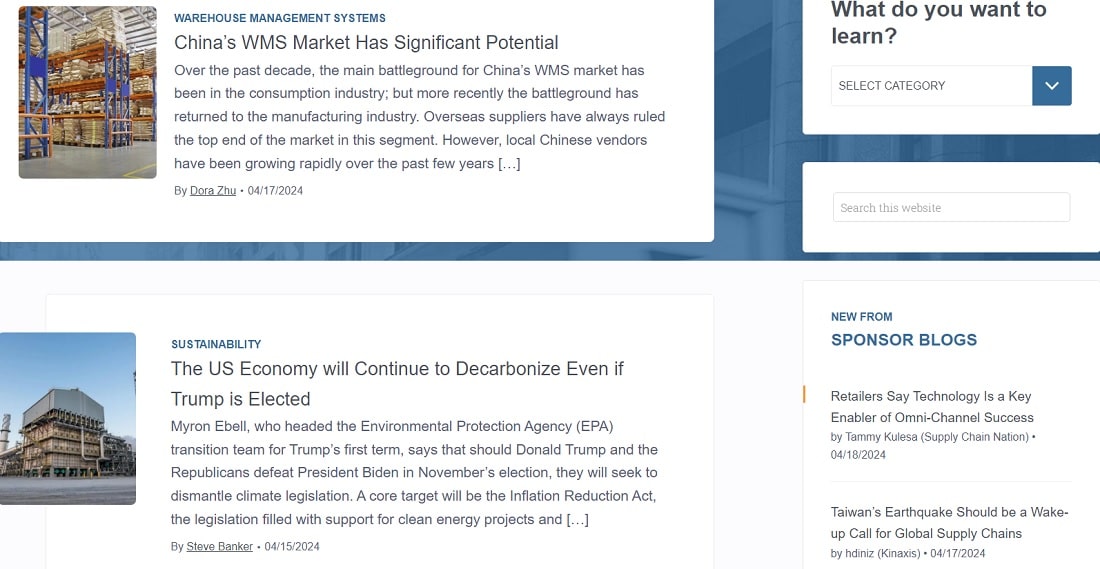
Envision your logistics business’s content as a powerful magnet, drawing in audiences with its compelling allure. This is the essence of proficient content marketing within the digital marketing landscape for logistics. It transcends mere content creation, focusing on delivering invaluable insights that directly address your audience’s inquiries, provide solutions to their issues, and engage them on a meaningful level.
Formulating a Comprehensive Content Marketing Plan
A well-devised content marketing strategy is the roadmap for your logistics company’s digital marketing journey. It entails setting specific, attainable goals and leveraging audience analysis to ensure your content precisely meets their needs. This strategy should detail the variety of content forms you intend to employ, the distribution channels you will utilize, and the metrics for gauging success, embedding your logistics business firmly in the digital realm.
Producing Content That Educates and Engages
In logistics digital marketing, the emphasis should always be on quality rather than quantity. Your content must serve to educate, entertain, or provide solutions, employing a diverse range of formats like blogs, videos, and infographics to maintain audience interest. SEO optimization is critical in this phase to guarantee your content reaches those actively searching for logistics solutions.
Diversifying Content Offerings for Broad Reach
Broadening your content spectrum is vital for sustaining engagement and establishing thought leadership within the logistics sector. Blogs and articles enhance SEO and underscore your expertise. Videos can demystify intricate logistics concepts, while infographics translate complex data into understandable visuals. Social media content, on the other hand, fosters interaction and widens content dissemination, catering to the varied preferences of your logistics audience.
Strategic Content Dissemination and Amplification
Merely creating content falls short; strategic promotion across apt channels is crucial to ensure it captures the attention of your target audience. Leveraging social media platforms, email marketing, and your logistics business’s website are fundamental tactics. Collaborating with esteemed sites for guest posting can also broaden your digital footprint. Employing analytics to monitor content performance allows ongoing refinement of your logistics marketing strategy.
This approach to content marketing is instrumental for logistics companies eager to dominate the digital marketing sphere. By crafting and distributing valuable, engaging content across multiple channels, your logistics business attracts and retains a dedicated audience, driving growth and enhancing customer loyalty in the competitive logistics market.
Elevating Digital Presence with Social Media Marketing for Logistics
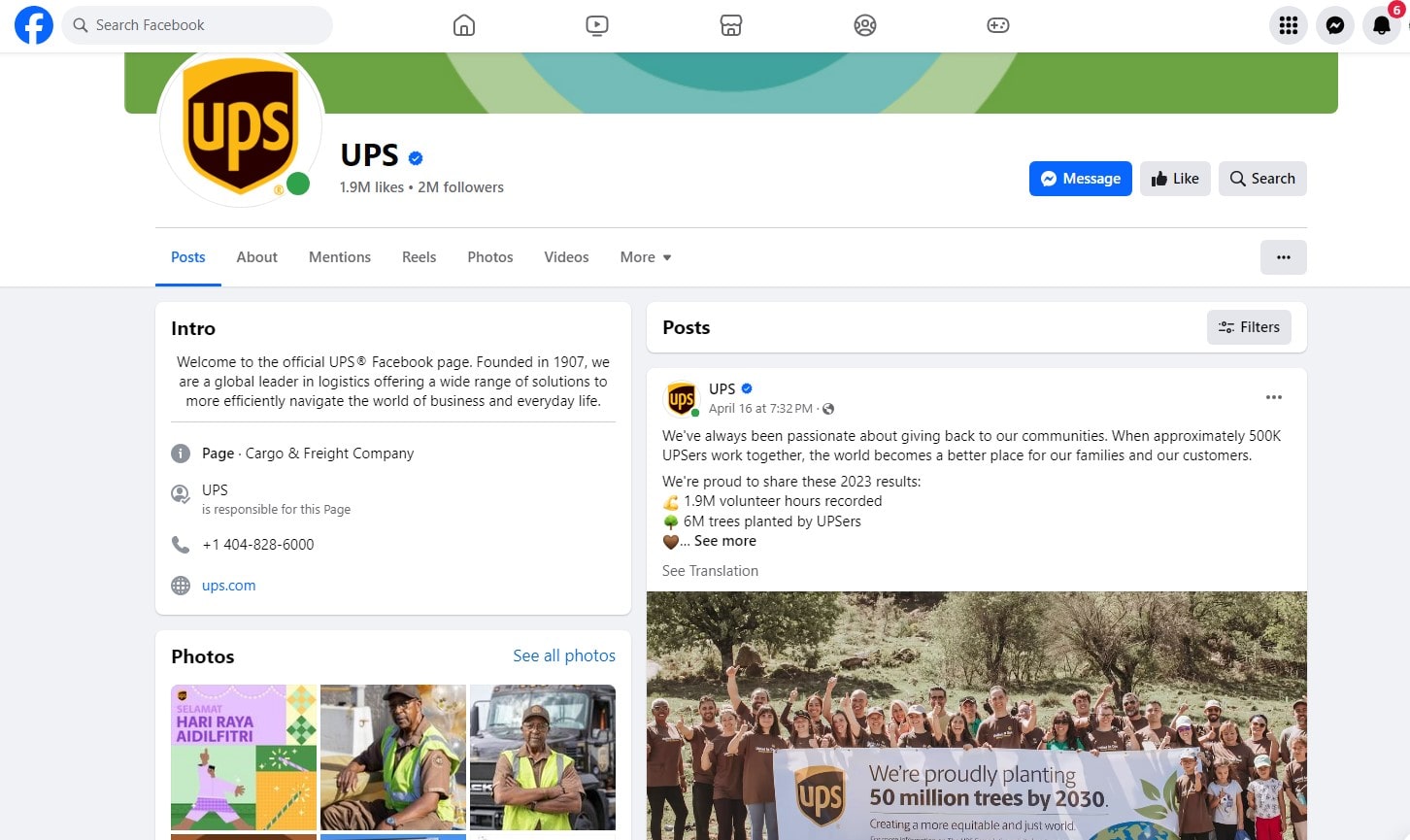
Envision navigating through your social media timeline and encountering a post from a logistics company so captivating that it halts your scroll. This is the pinnacle of social media marketing within the logistics sector:
- Arresting the audience’s attention.
- Fostering interaction.
- Establishing a memorable brand identity in the digital spaces where potential clients spend copious amounts of time.
Crafting a Precision-Targeted Social Media Strategy for Logistics
A meticulously devised social media marketing strategy is at the core of capturing your target audience in logistics. Begin by demystifying your audience demographics: identifying who they are, their preferred social platforms, and the types of content they find engaging. Such insights ensure your marketing efforts are not merely casting wide nets but are engaging in productive dialogues. Objective setting is critical—enhancing brand visibility, stimulating sales, or ramping up engagement levels—these goals should steer your content creation and dissemination practices in your logistics business’s digital marketing campaigns.
Generating Captivating Content for Logistics Social Media
Content reigns supreme in digital marketing, especially on social media. Content that intrigues and encourages sharing and participation is difficult. Diversifying your content mix with images, videos, surveys, and infographics keeps your logistics audience invested. Each content should resonate with your logistics brand’s ethos, presenting a unified brand narrative across various platforms.
Strategically Navigating Social Media Platforms for Logistics
The effectiveness of your social media marketing for your logistics business hinges on recognizing that each platform serves distinct purposes and audiences. Customize your content to leverage each channel’s inherent strengths and audience expectations. For instance, Instagram and TikTok are havens for visually arresting content, whereas LinkedIn is a hub for professional insights and industry news in the logistics sector. Mastering each platform’s unique dynamics can significantly extend your marketing reach and audience engagement.
Cultivating Engagement and a Logistics Community
At its core, social media thrives on community and interaction. Creating a space where your logistics audience feels seen and heard can transform casual followers into loyal brand champions. Engage actively with comments, celebrate user-generated content, and design interactive experiences to nurture a vibrant community around your logistics brand.
Analyzing and Refining Your Strategy with Analytics
The measurement, analysis, and adjustment cycle is vital in social media marketing for logistics. Utilize platform-specific analytics tools to evaluate your content’s performance. Gleaning insights from these analytics enables you to hone your logistics digital marketing strategy, ensuring your social media endeavors align optimally with your overarching business objectives.
Leveraging Email Marketing in the Logistics Digital Landscape
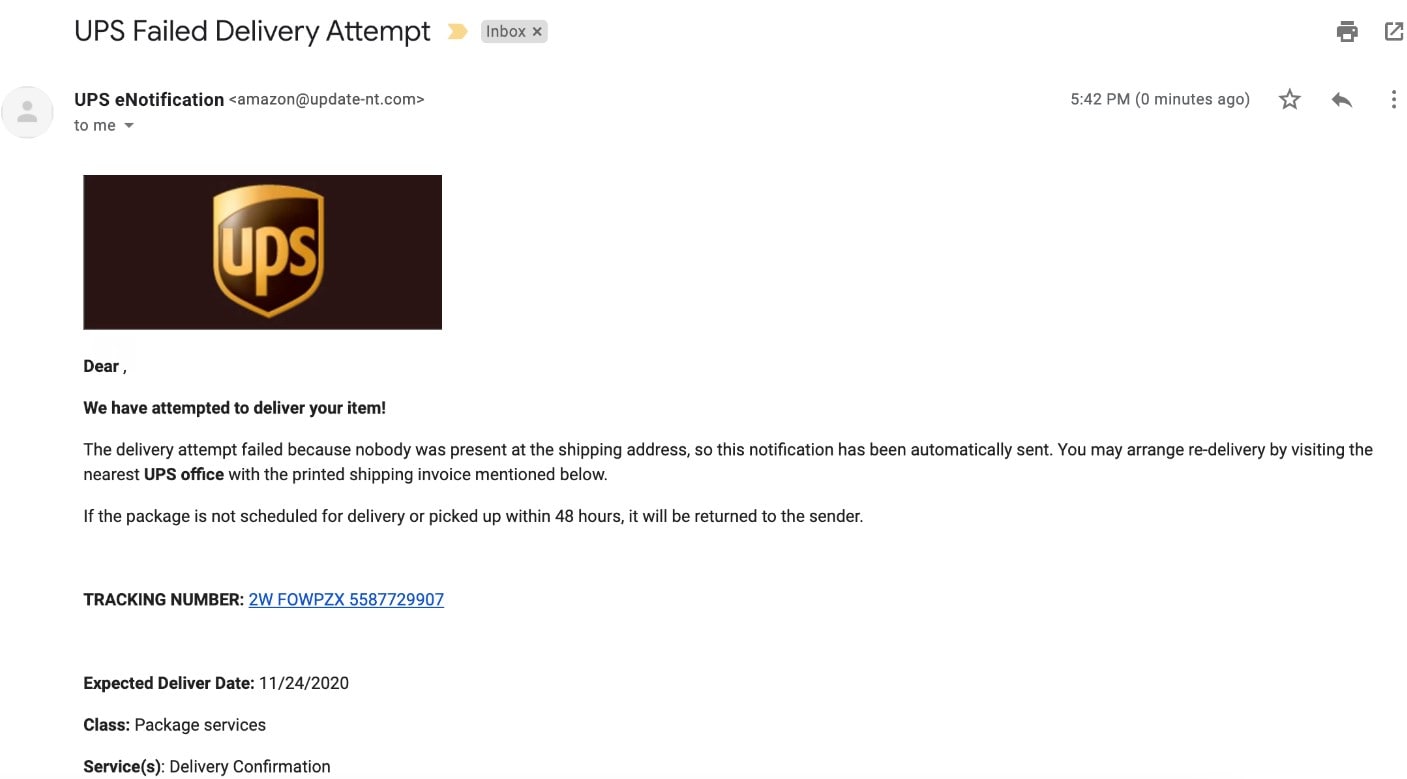
In today’s digital-centric world, where email inboxes serve as critical junctures in our digital lives, email marketing stands out as a potent instrument for logistics businesses. Far from fading into obscurity, it provides a direct and personalized communication channel to your target audience, catering to their interests and requirements.
Creating Tailored Email Content for Logistics Audiences
The driving force behind successful email marketing in the logistics sector is the art of personalization. Segmenting your audience by behaviors, preferences, and previous interactions with your logistics brand has replaced generic, broad-spectrum newsletters. Such customized content heightens relevance, enhancing engagement rates and solidifying the bond between your logistics business and its clientele. From using the recipient’s name to suggesting services or updates based on their interaction history, personalization takes various forms, each aiming to resonate more profoundly with the recipient.
Driving Logistics Actions Through Optimized Emails
Email marketing transcends mere communication, a strategic move to spur recipients into action. Each email dispatched should be anchored by a clear, persuasive call-to-action (CTA) that nudges the reader toward a desired engagement—availing a logistics service, exploring a case study, or registering for an industry webinar. Crafting emails focusing on conversion involves striking CTA buttons and strategically positioning them to capture attention effectively.
Mobile Optimization: A Necessity for Logistics Email Marketing
Since many emails today are accessed via mobile devices, ensuring mobile-friendly emails is imperative. For the logistics digital marketing realm, this translates into adopting responsive design principles, concise subject lines, and touch-friendly links and buttons, guaranteeing a seamless experience across diverse device sizes.
Analytics: The Compass for Email Marketing Strategy
Deciphering the success and impact of your logistics email marketing efforts is key to refining your approach. Delve into analytics to scrutinize open rates, click-through rates, conversion metrics, and unsubscribe figures to understand what truly appeals to your logistics audience. This invaluable data paves the way for ongoing optimization, enabling a more focused and effective marketing strategy that keeps your logistics business ahead in the digital marketing race.
Accelerating Digital Growth with PPC Advertising in Logistics Marketing
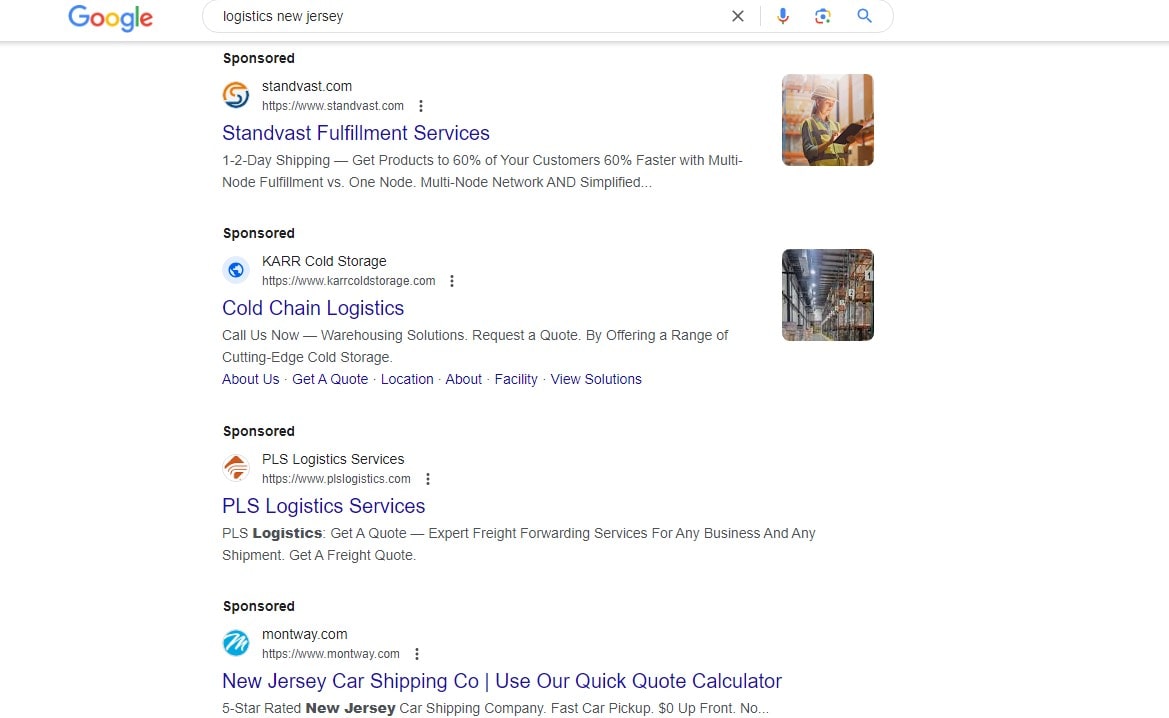
In the fast-paced digital business realm, Pay-Per-Click (PPC) advertising is an essential catalyst for enhancing visibility and directing highly targeted traffic to logistics companies’ websites. This proactive model, necessitating payment with each click an advertisement receives, is a foundational pillar in digital marketing strategies for businesses, particularly logistics.
Strategically Harnessing Targeted Keywords for Logistics
The triumph of PPC campaigns in marketing is deeply rooted in the astute selection of keywords. This process transcends mere popularity, seeking a harmonious balance among search volume, specificity, and competitive density. Digital tools, notably Google’s Keyword Planner, are pivotal in unveiling keywords that precisely echo the search tendencies of your intended logistics audience. The objective is to captivate users who strongly intend to engage with logistics services that align with your business’s offerings.
Creating Persuasive Ad Copy for the Logistics Audience
The potency of PPC in logistics digital marketing is encapsulated within the ad copy. This critical juncture is your opportunity to articulate the distinct advantages of your services to potential clients. The ad language should be brief and appealing, with a clear call-to-action (CTA) that encourages users to utilize your service, subscribe to updates, or learn more.
Enhancing Conversion through Optimized Landing Pages
The effectiveness of a PPC advertisement culminates in the post-click landing page experience. The landing page must fulfill the ad’s promises, offering a coherent and directly relevant user experience. For logistics businesses, optimizing landing pages for conversions is critical. This provides a streamlined pathway for users to engage further, minimizing the potential for drop-offs.
Refining Logistics Marketing Strategies with Analytics
The intrinsic value of PPC advertising in the business’s digital marketing efforts is its quantifiability. Marketers can leverage detailed analytics to scrutinize performance indicators like click-through and conversion rates. This wealth of data facilitates the ongoing refinement of PPC campaigns, enabling marketers to iteratively adjust keywords, ad copy, and financial deployment strategies to ensure optimal return on investment and bolster the digital presence of their logistics business.
Analytics and Measurement
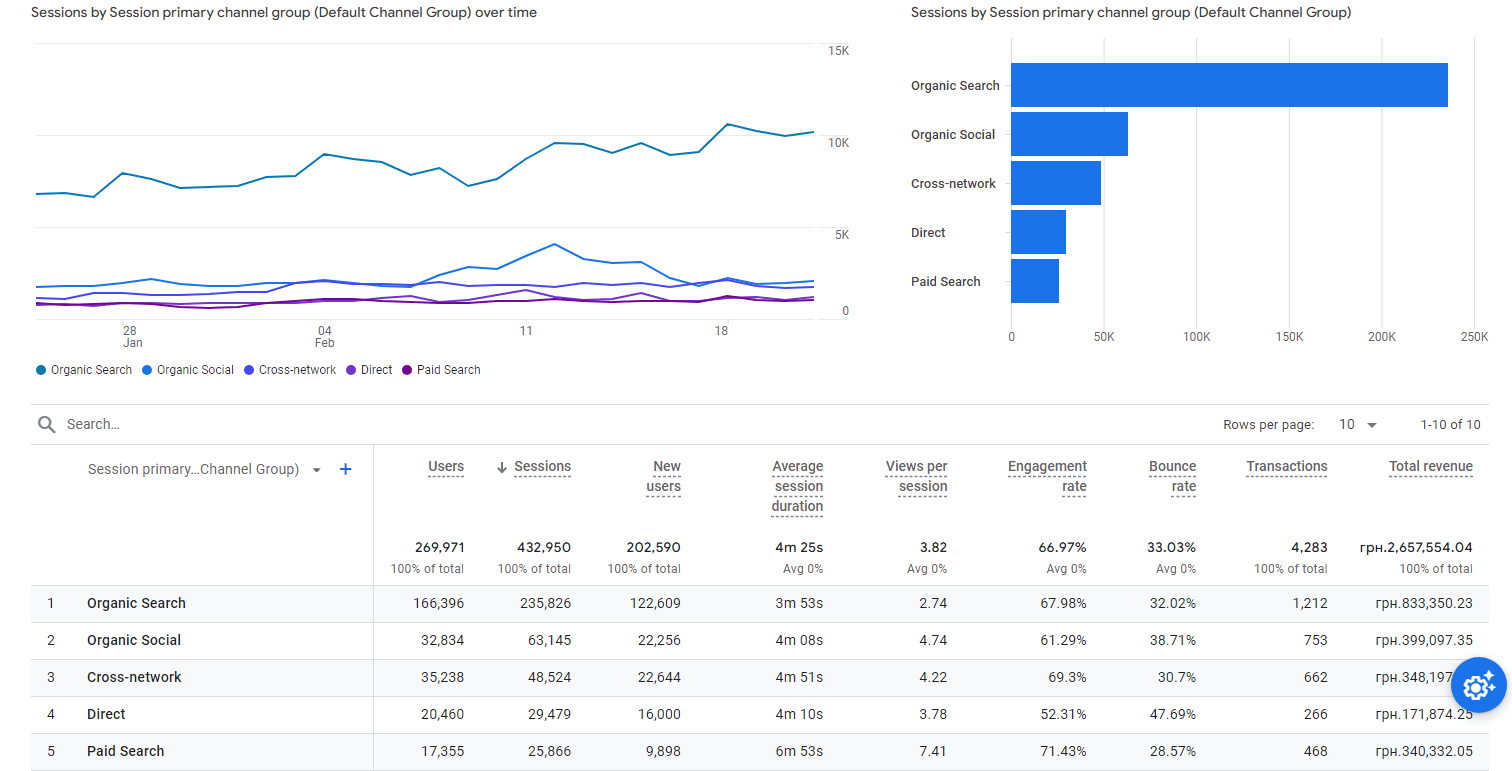
Understanding your digital marketing’s impact is crucial. Analytics and measurement provide the compass for navigating the vast online landscape, ensuring every move is strategic and every investment is justified.
The Role of Analytics
Analytics does more than track website visits; it offers a deep dive into user behavior, engagement levels, and conversion metrics. Tools like Google Analytics are the backbone of any digital marketing strategy. They offer insights into where your visitors come from, how they interact with your site, and their actions before leaving. This data is invaluable for understanding the effectiveness of your marketing efforts and making informed decisions.
Key Performance Indicators (KPIs)
Identifying the right KPIs is crucial for measuring success. These should align with your business objectives: increasing sales, generating leads, or boosting brand awareness. Common KPIs include website traffic, bounce rate, conversion rate, and cost per acquisition. By focusing on these metrics, you can gauge the health of your campaigns and adjust strategies accordingly.
Conversion Tracking
Every digital marketing campaign aims to convert. Conversion tracking tools enable you to see how well your website and campaigns convert visitors into customers or leads. Whether it’s a purchase, a sign-up, or another desired action, understanding your conversion rates can help you optimize your funnel for better performance.
Utilizing Data for Optimization
Analytics offers more than a snapshot of the past; it provides actionable insights for future strategy. Trends and patterns help you optimize your marketing by revealing what works and what does not. This might involve refining your target audience, adjusting your ad spend, or tweaking your content strategy to better meet your audience’s needs.
Conclusion
In the digital marketing odyssey, every strategy, from SEO to analytics, is a piece of the puzzle to unlock your brand’s potential. These seven key strategies are your compass in online marketing, guiding you to engage with your audience effectively, drive traffic, and convert leads into loyal customers. But the journey doesn’t end here. Dive deeper into the digital marketing universe with more insights and tips on the Plerdy blog. Each post is full of information to boost your marketing strategies. Ready for more? Explore Plerdy’s blog and unlock the full potential of your digital marketing efforts. Let Plerdy be the wind in your sails, navigating you toward success.
